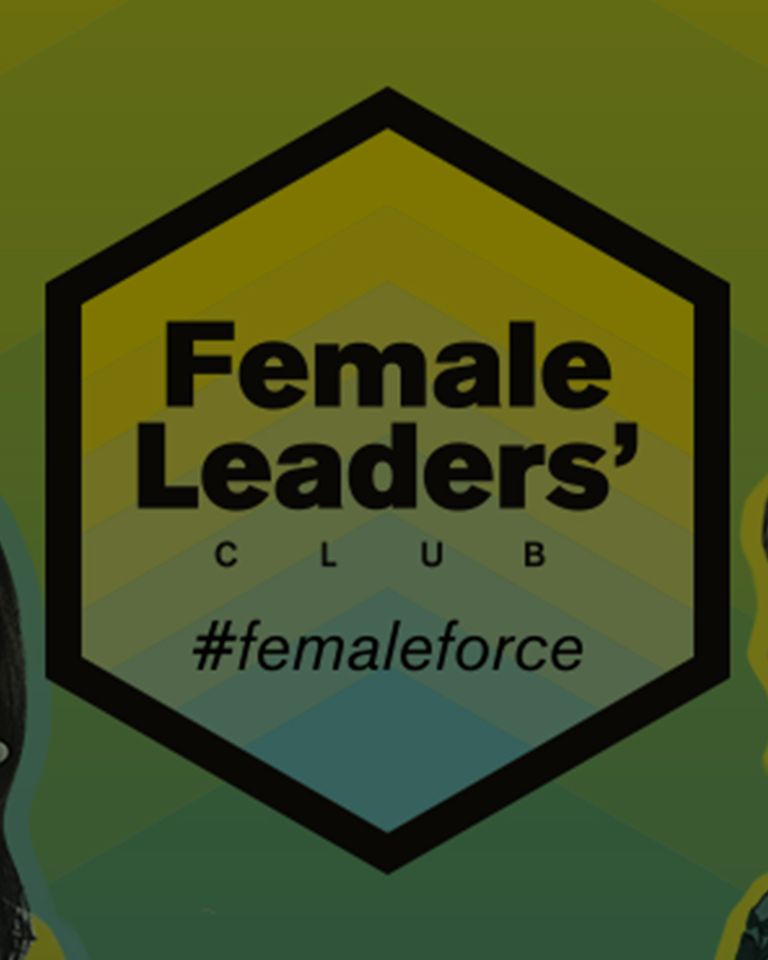Coaching to support young professionals: Why accessibility is paramount for our talent to thrive
6 August 2024

Earlier this month, I had the privilege of speaking on the Female Leaders' Club stage at MAD//Fest, where I explored the importance of having male activists, not just male allies.
This experience led me to reflect on the two core aspects of my work: democratising coaching through my practice, The Helpful Space, and my role as Head of Allyship for Bloom North, which focuses on advancing women in the communications sector by engaging more men in the discussion.
A common thread across the two pillars of my work is the critical need for accessibility, so today I’d like to share why I think coaching should play a bigger role in supporting our young talent.
I founded The Helpful Space to introduce young adults to the power of coaching and to show them that it can actually be a fun and rewarding process to reflect on yourself. To me, coaching isn’t about the stereotypical image of executives dishing out business advice. It’s more about the journey to understanding those fundamental aspects of yourself—such as your personal values, your strengths, learning what motivates you, the types of problems you solve, etc.
It’s striking how many people, especially young twenty-somethings, struggle to answer these basic questions. What people (and businesses) don’t always realise, is that this lack of self-awareness can be massively detrimental to people’s output, but more critically, how they feel about themselves.
For example, how can you lead strategic meetings or advocate for yourself successfully without understanding your core strengths? What strain might these challenges place on you without having the self belief to underpin your work?
The pressure on young people in the media’s fast-paced, “agile” world exacerbates this issue. Companies often boast about their dynamic approach or ability to pivot, but this can overwhelm young professionals who lack the necessary tools to adapt and thrive. Businesses must invest in foundational support that builds confidence and self-belief, allowing young talent to excel. That’s precisely what The Helpful Space aims to provide.
Consider “Julia,” an Account Director who has advanced rapidly in her six-year career. Despite her senior title, her salary doesn’t yet reflect her level of responsibility. At under 30, she manages a team of five. Although her team tries to meet in the office twice a week, this rarely happens, and client interactions are still mostly digital following COVID-19. Julia is responsible for driving revenue, managing client relationships, identifying new business opportunities, and nurturing her team’s wellbeing—all while juggling numerous other demands. This is the reality of a fast paced industry.
Does Julia’s situation resonate with you? Perhaps you see similar patterns in your own organisation?
The rapid pace of businesses is driving a reactive mindset, where individuals respond to immediate challenges rather than preparing more proactively. This results in a constant state of “fire-fighting” which in turn, causes burnout.
Julia is at the beginning of her career journey, yet the expectations placed on her are immense. She would greatly benefit from coaching, but financial constraints often prevent her from seeking such support.
Coaching creates space for our young people to think and strategise, to take accountability, and to find more solutions to everyday challenges. It offers valuable exploration of the unique lens of each individual, and a roadmap to help them apply themselves and their ideas more effectively. In an increasingly complex world, this is crucial knowledge that we should be imparting to all our young professionals, so they can thrive in their careers.
If you would like to find out more about Seb Randle's work and The Helpful Space, please contact seb@thehelpfulspace.com


